How Victoria became the Liberal’s failed state
The Victorian Liberal Party is on its knees, and one of the root causes of its woes can be traced to former state director turned fraudster Damien Mantach.
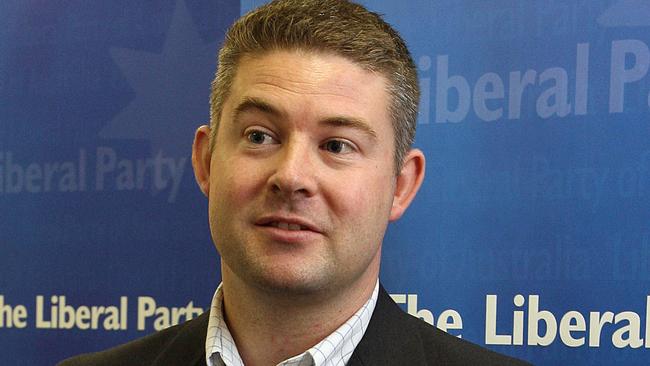
Damien Mantach wore a dark suit and blue tie when he sat breathless in the County Court in mid-2016 before being jailed for five years for stealing more than $1.5m from the Victorian Liberal Party.
The former state director, an outwardly affable and competent administrator, had quietly bought the party to its knees in ways that have resonated 13 years after his first offending, the impact cascading through to the weekend Aston by-election.
To understand the gravity of his 15 charges of obtaining financial advantage by deception from 2010-2015 you need to understand the state director’s job.
In the decades preceding, to be the state director of the Victorian Liberal Party was to be three rungs above a lord mayor and roughly on par with an AFL club president or archbishop. It was a big deal.
Most former directors went on to big jobs; seated at the right hand of prime ministers, such as former John Howard adviser Tony Nutt or, in Brian Loughnane’s case, running the federal secretariat successfully for years.
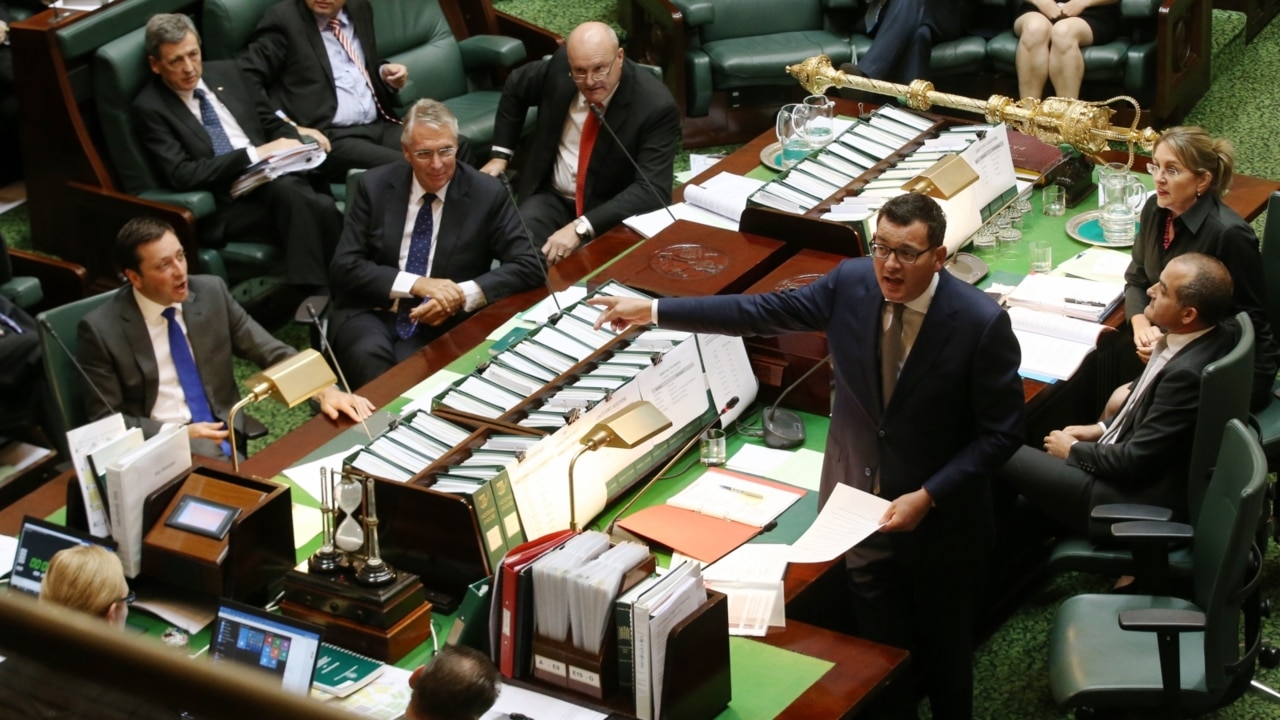
Their strategic roles carved out at the old 104 Exhibition St office in Melbourne, their views and orders followed through, pretty much to the letter. Ever since Mantach was caught in 2015, there has been a seismic shift in the way the Victorian party has gone about its business, effectively tying the hands of the state director, who is now at the mercy of elected party officials, with various factional interests and political skills.
Federal Liberal leader Peter Dutton lamented on Sunday that the problems facing the party went back to 1996 but he is only partly right. “We have had a particular problem in Victoria,” he told the ABC.
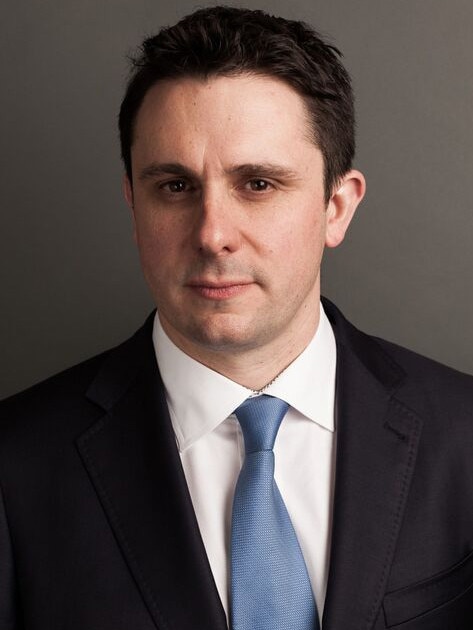
While John Howard won more than half of the seats in Victoria in 1996, there was a steady decline in the party’s federal fortunes.
But this has escalated since 2016, when the Coalition won 17 seats, falling to 15 in 2019, 10 last year, and now a paltry nine seats after the Aston by-election. Seven of these are Liberal.
At the same time the state party on Spring St has failed miserably for the best part of 25 years – winning just one election – the campaigning power of its state director has been quietly whittled away. “The party lost faith in the role at the same time that Labor supercharged their campaigning,’’ a senior Liberal said. “We’ve been crushed by our own stupidity and lack of trust in good systems.”
Out of touch
To blame one thing on the near collapse of the Victorian Liberal Party is simplistic but it is instructive that the organisation does not have a full-time director. Stuart Smith, the outgoing West Australian state director, is yet to board the plane to take over the role.
The federal boss of the party, Andrew Hirst, who is well regarded, was called to Melbourne to oversee Aston.
The glue that holds the party together is its finances, the party reaping nearly $40m from the sale of its old headquarters and the Cormack Foundation, a huge but cranky donor to the organisation, is likely worth north of $100m, depending on the share market.
Yet for all this cash and shares, insiders lament that too little has been spent on truly professionalising the way the state secretariat runs. “There’s nothing there,” said one exasperated former adviser of the campaign capabilities.
This has meant that at the same time the Andrews government has pumped tens of billions (really) into Victorian seats – state and federal – the Liberals have been fighting with one hand tied.
Meanwhile, Labor has produced, since about 2010, the strongest, most successful campaigning machine in the country, built heavily on modern and global techniques, including from Washington. It also means the Liberals have missed the demographic transformation of Melbourne, as better educated voters who generally (but not always) skew politically left have travelled out of the inner city and into the middle and outer suburbs to buy more affordable houses.
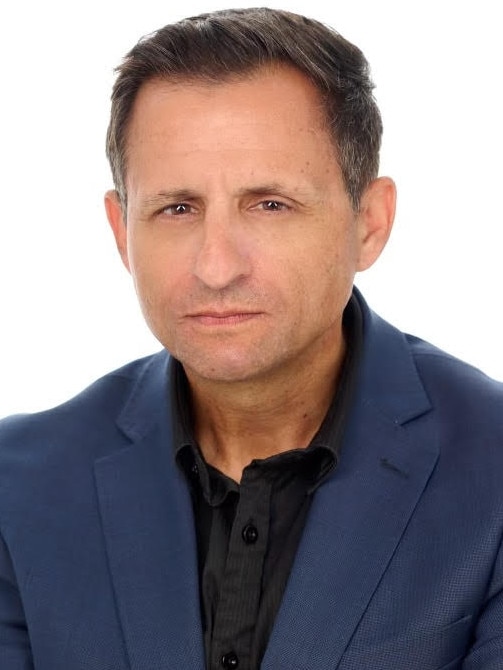
Kosmos Samaras, a director at RedBridge Group, is a former assistant state secretary of the Victorian ALP, who has built deep expertise in political demographics. “Over the last decade there has been the emergence of millennial voters and Gen Z. That is people under the age of 40,” he says. He says these people aren’t generally aligned with conservative politics, with a high percentage sympathetic to the transgender, gay and other causes.
At the same time, he says there has been an exponential growth in Indian and Chinese voters in Melbourne, both cohorts that include large numbers of small business owners and entrepreneurs. Many should vote Liberal.
But it is well documented that 14.1 per cent of Aston was of Chinese ethnicity, a group that was deeply upset by the Morrison government’s handling of the China issue. “Morrison fixed that for the Liberals,’’ Samaras says.
He also says the Liberal “fixation” on tradies in Aston ignores the growing numbers of health sector workers and women in the workforce.
Leaders at odds
To watch new state Liberal leader John Pesutto’s press conference last week was to wonder how far his party has lost its strategic way.
At the same time that the Liberal Aston candidate Roshena Campbell was plying her trade in Melbourne’s outer east, Pesutto had picked the mother of all fights over transgender rights.
Sure, some neo-Nazis had wandered onto the political stage but the fight, at its core, was about political newbie Moira Deeming’s transgender activism. Dutton said on Sunday that he would prefer if his colleagues did not attend similar rallies.
Pesutto, meanwhile, denied that the transgender brawl had affected Aston, instead vowing to push ahead with the reform of his state party.
Never mind that he was rolled by his partyroom and forced into a humiliating compromise that both didn’t fix the crisis and caused a bushfire his federal colleagues didn’t need to extinguish.
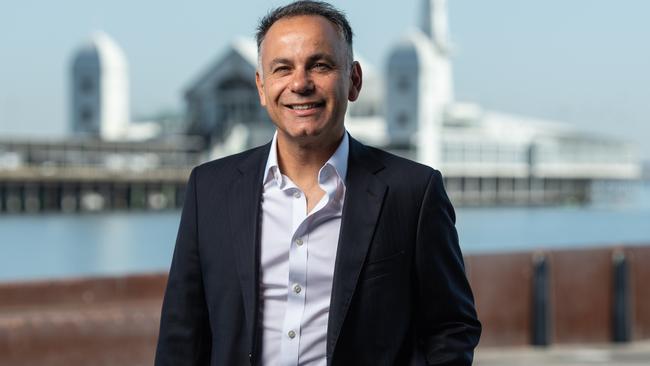
Arguably Pesutto’s biggest challenge is that much of the wider party and his federal colleagues have given up on the state opposition. Indeed, there is plenty of evidence to suggest that some former supporters are actively campaigning against the state opposition.
Dutton’s challenge
When Dutton and others backed Campbell to run in Aston, they knew they were getting a lot of candidate: smart, photogenic, well educated and multicultural.
Campbell was aligned, at least by reputation, with the so-called moderates. The dries argued for a local who knew the back streets of the outer east.
Campbell also needed to pack a cut lunch to reach Aston from Brunswick, presenting almost as the alter ego to Labor’s Mary Doyle, who was a battler who had survived breast cancer and lived in the outer east for decades.
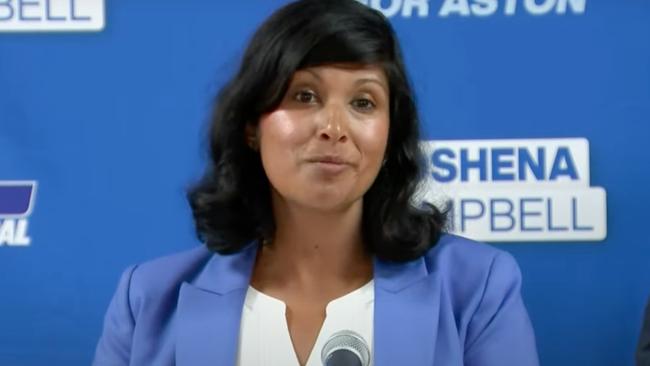
When The Australian travelled through Aston in recent weeks, the cost-of-living crisis was evident. People queuing in cut-price food stores, charity stores were doing good business and there was an unavoidable sense that Aston felt and looked like a Labor seat.
For Dutton, the crisis in Victorian is both real and urgent.
Smashed to a rump of MPs with no signs of the crisis easing, the federal leader will be investigating campaigning techniques, resourcing and the general capabilities on the ground in Victoria.
The imperative also is that the party must talk to new voters, those that live across Australia’s major cities.
“I think in recent years the Liberal Party has allowed itself to be defined by our opponents and I think it’s time for us to take that back,” Dutton told the ABC.
His challenge will be that he can’t expect to win back seats in Victoria without nuanced messaging and a strong state organisation.
At the moment, he has neither.






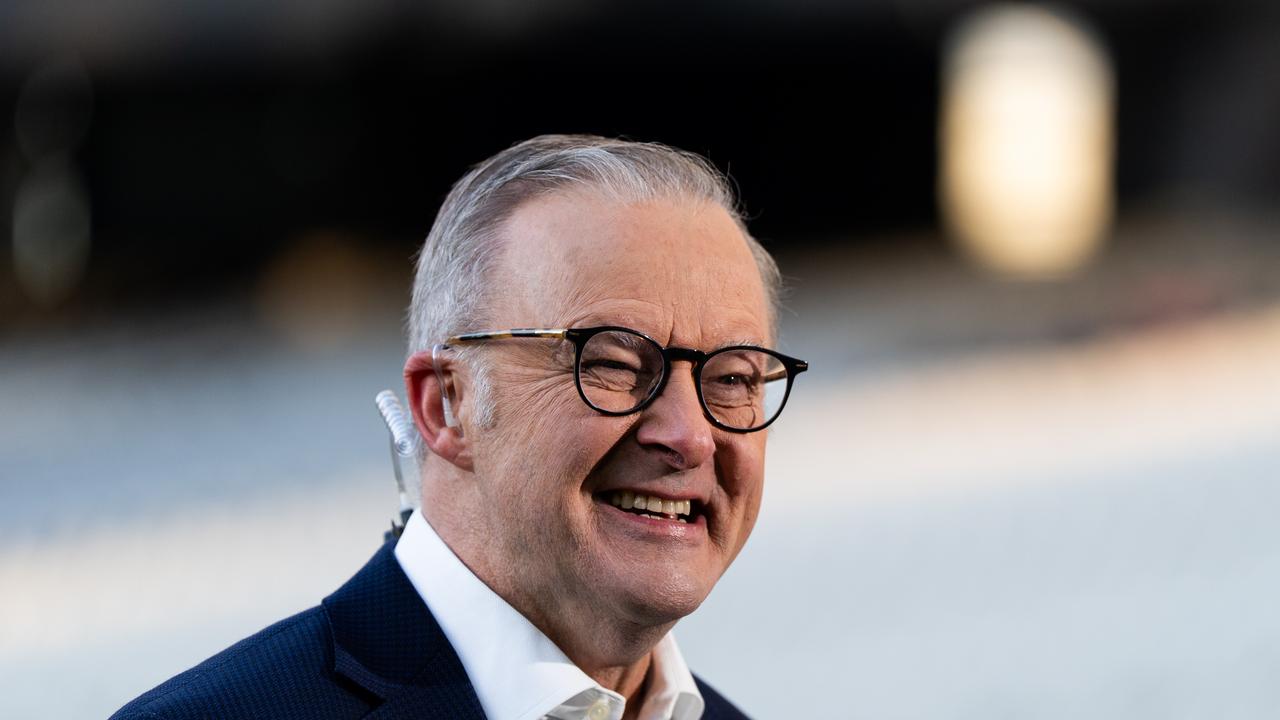
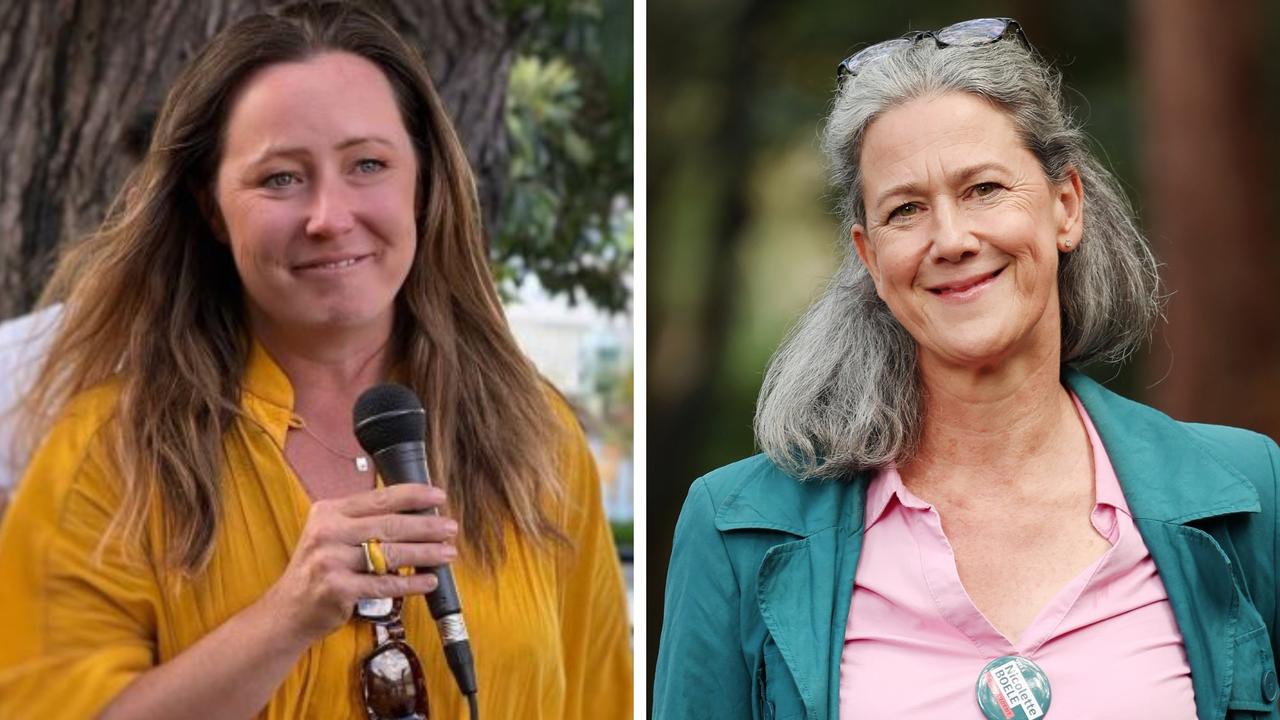
To join the conversation, please log in. Don't have an account? Register
Join the conversation, you are commenting as Logout